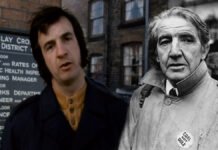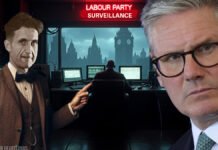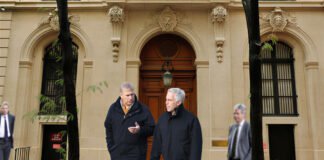An investigation into the world of Britain’s secrecy jurisdictions and the City of London.
The sun never sets on the British Empire, they say. But what if the empire has simply changed its form? What if, instead of ruling the world through military might, Britain now rules through the power of finance?
This is the question that is explored in the documentary film The Spider’s Web: Britain’s Second Empire. The film tells the story of how, in the wake of the decline of the British Empire, the City of London financial interests created a web of offshore secrecy jurisdictions that captured wealth from across the globe and hid it behind obscure financial structures.
The film is a powerful indictment of the way in which the City of London has used its power to enrich the wealthy at the expense of the poor. It is a reminder that, even in the 21st century, the British Empire still casts a long shadow over the world.
Today, Britain and its dependencies are by far the largest global player in the world of financial secrecy and international finance. This explosive documentary explores how Britain came to hold this position and what impact this has had on Britain and the world.
The Spider’s Web: Britain’s Second Empire, is a documentary that shows how Britain transformed from a colonial power into a global financial power.
At the demise of the empire, the City of London’s financial interests created a web of offshore secrecy jurisdictions that captured wealth from across the globe and hid it behind obscure financial structures in a web of offshore islands.
Today, up to half of global offshore wealth is hidden in British offshore jurisdictions – the largest global players in the world of international finance. How did this come about, and what impact does it have on the world today? This is what the Spider’s Web sets out to investigate.
With contributions from leading experts, academics, former insiders and campaigners for social justice, the use of stylised b-roll and archive footage, The Spider’s Web reveals how in the world of international finance, corruption and secrecy have prevailed over regulation and transparency, and the UK is right at the heart of this.
The Spider’s Web offers unique insight into the British Empire, both past and present, and its colonies and far-flung outposts. This is a story which, if known at all, is often understood through a rose-tinted view of what that British Empire actually represented. The Spider’s Web details how the former Empire was transformed after World War 2 into a new financial empire of offshore tax havens and secrecy jurisdictions.
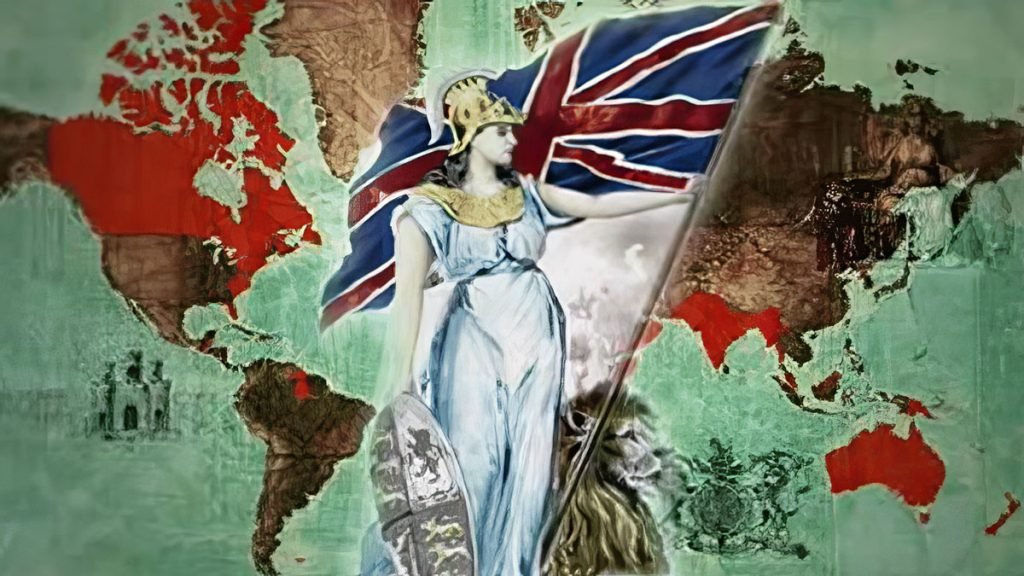
Nicholas Shaxson, the author of ‘Treasure Islands’, notes that the historians Cain and Hopkins called the City of London the “Governor of the Imperial engine”, so it is perhaps no surprise to learn that ‘the City’ still controls the reigns of Britain’s second-run financial services empire, with as much as 25% of the global offshore market controlled by Britain and its satellites.
As City University’s Ronan Palan observes:
“The City of London is a truly unique and interesting phenomenon, which should have attracted the attention of political scientists and economists, but I don’t know of anyone, who has systematically studied the Corporation of London and its impacts on policy and economic policy.”
The City of London and the Bank of England, experiencing a crisis of legitimacy marked by Britain’s declining global influence following World War 2 and the Suez crisis, facilitated the transformation of former British territories and dependencies such as the Cayman Islands and British Virgin Islands into tax havens and secrecy jurisdictions, taking a relaxed view of increasing corruption risk provided that the monetary flows benefited the UK. As the Bank of England noted:
“There is no objection to their providing boltholes for non-residents, but we do need to be quite sure that in doing so, opportunities are not created for the transfer of UK capital to the non-Sterling area outside UK rules.”
The U.S.-Based Eurodollar Market
Despite the name, Eurodollar deposits are not related to foreign exchange rates. Eurodollars are unsecured U.S. dollar deposits held at banks or bank branches outside of the United States. The Eurodollar market originally developed after World War II in Europe; although dollar deposits are now transacted in all major global financial centres, they are still referred to as Eurodollars. Money market funds, corporations, foreign central banks, and other official accounts are all active lenders in the Eurodollar market.
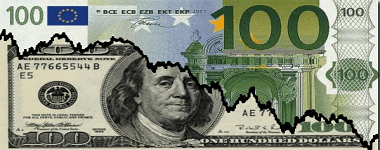
The growth of the so-called “Eurodollar” market — an unregulated form of lending, based in London but conducted in US Dollars via a separate set of books and thus considered “offshore” (elsewhere for regulatory purposes) — helped enable the bypass of cross-border capital controls put in place under the post-war Bretton Woods agreement.
Alex Cobham, Director of the Tax Justice Network, explains how the Eurodollar market was ultimately about taking economic activity conducted in one country, and pretending it occurs elsewhere:
“It’s about creating a legal space where you pretend activity is taking place. You’re taking activity from a place where it is regulated and taxed, and pretending its happening elsewhere. Now where, doesn’t really matter. It’s just elsewhere.”
The Eurodollar market expanded rapidly, reaching $500 billion by 1980 and by 1988 $4.8 trillion. By 1998, nearly 90% of all international loans were made via unregulated offshore markets.
This diagram via Haberly & Wojcik illustrates the geography of Foreign Direct Investment (FDI) and the relative dominance of Britain and the territories of its former Empire.

The City of London, Bank of England and Eurodollar markets deliberately allowed banks, corporations and wealthy elites to bypass the rules of the capitalist game — shifting wealth offshore and thus undermining the social contract and the post-war welfare state now visibly in collapse around us.
The Spiders Web. video…
Clement Atlee, the post-war Labour Prime Minister remarked:
“Over and over again, we have seen that there is a power in this country, other than that which has its seat at Westminster. The City of London, a convenient term for a collection of financial interests is able to assert itself against the Government of the Country. Those who control money, are able to pursue a policy, at home, and abroad, contrary to that which is decided by the people.”
One of the criminal banks which grew out of the deregulated City of London was BCCI – which quickly became the bank of choice for drug runners, mafia bosses and intelligence agencies, much like the role HSBC performs today.
BCCI, which collapsed in 1991 following US enforcement action related to money laundering, was at the time the 7th largest bank in the world. A young Fred Goodwin who would go on to run RBS (at the time working for Deloitte Touche) ‘led’ the complex insolvency of BCCI bank.
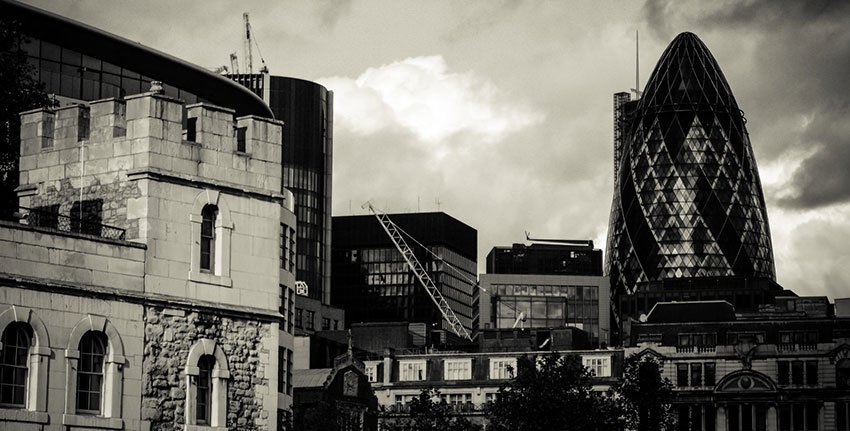
The files leaked from Panama law firm Mossack Fonseca exposed Britain’s link to thousands of firms based in tax havens and how secret money is invested in British assets, particularly London property.
Critics accuse British authorities of turning a blind eye to the inflow of suspect money and of being too close to the financial sector to clamp down on the use of its overseas territories as havens, with the British Virgin Islands alone hosting 110,000 of the Mossack Fonseca’s clients.
“London is the epicentre of so much of the sleaze that happens in the world,” Nicholas Shaxson, author of the book “Treasure Islands”, examines the role of offshore banks and tax havens.
Much of what we know about Britain’s Second Empire can be attributed to the tireless work of the Tax Justice Network, including Nicholas Shaxson, John Christensen (a former Deloitte Touche economist and advisor to the Government of Jersey) and leading academics including Prem Sikka and Ronan Palan who feature prominently throughout the film.
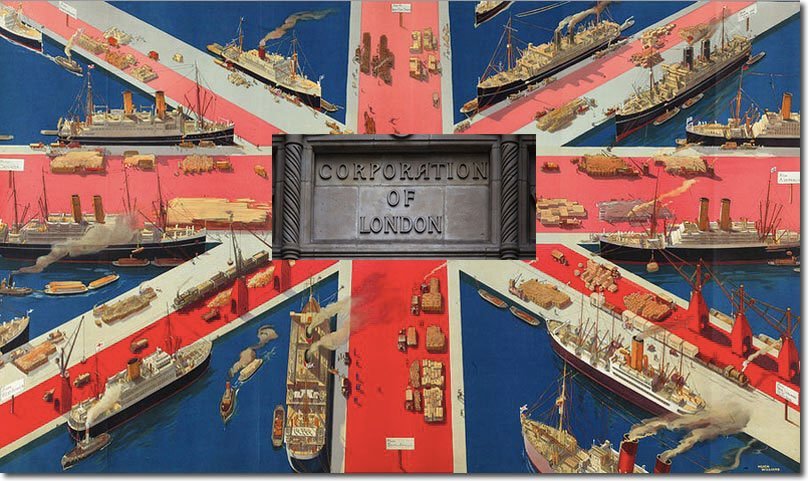
The film provides viewers with both a technical and a moral analysis of what tax havens and secrecy jurisdictions do — creating opportunities for tax, legal and political arbitrage — and lays the blame at the door of the real perpetrators, the Big 4 accountancy firms (EY, Deloitte, KPMG, PwC).
The cancerous effects of the ‘Revolving Door’ are documented in the film through the lens of highly effective direct actions by UK Uncut who targeted former HMRC boss Dave Hartnett and his tax “sweetheart deals” with Vodafone, BT and Goldman Sachs.
A highlight is the disruption of a private tax planning dinner hosted by Harnett, who is presented with a “golden handshake award” by the intruders for services to tax avoidance in front of a group of suited, booted and visibly confused paying guests.
The Spider’s Web gives an excellent overview of the scale of the global tax dodging problem and its corrosive effects on democracy. As John Christensen observes:
“People think the National Rifle Association (NRA) is a powerful lobby, but to be honest they’re amateurs next to the City of London. The City UK uses its power in so many discreet ways, they don’t need to be that upfront about it, they’ve got MPs and Ministers in their pockets going in and out via the revolving door.”
The City UK was created by Chancellor Alastair Darling after the 2008 financial crisis, precisely to establish a stronger financial lobby in Westminster and Brussels. It is from the unelected, unaccountable City of London that, we should really be having the conversation about “taking back control.”
Discussion on solutions is left to five concrete proposals in the final scenes, which was followed by a lively Q&A session which spilt over into a discussion over wine & nibbles.
SOAS host Dr Dimakou reflected on the fact there was not more critical UK academics interviewed on tax justice issues in the film. Perhaps this is because, as John Christensen observed, leading economics journals tend to avoid featuring critical academic work on tax justice issues.
Lack of widespread academic engagement with tax avoidance could also be due to other factors, such as a lack of academic grant funding for research on tax dodging, and the increasing reliance of the UK third sector and NGOs on grant funding from tax-avoiding donors. Or the fact critical academics such as Prem Sikka often find themselves isolated within professional accounting bodies such as the ICAEW.
It turns out that critical voices being ignored are not restricted to the academic and accounting professions. During the Q&A, Director Michael Oswald said that The Spider’s Web had been entered into over 50 film festivals, receiving warm feedback, but curiously not being selected to feature. The response from the Atlanta Docufest selection panel is typical:
“We just wanted you to know that you made it to the final round of judging, but since we only have three days of screenings, we had to cut so many great films. Although we can not include your project this year, please keep in mind, you scored the second highest scores from our panel.”
The Spider’s Web is a film that exposes the dark heart of the City of London. It shows how, in a desperate attempt to cling to empire, the City has thrown open its arms to criminal dark money from all over the globe. This is why mafia expert and author Roberto Saviano labels London “the heart of global corruption.”
The film is a wake-up call for Britain. It shows that the country is still living in the past, clinging to a long-dead empire. Until Britain is forced to confront the realities of its empires, both colonial and financial, there is little prospect of real change.
It is no coincidence that state broadcaster the BBC refuses to air the film. The BBC is part of the establishment, and the establishment has a vested interest in keeping the truth about the City of London hidden.
Thankfully, there is now a growing thirst for radical political change and transformational economic ideas. This is a fracture in the neoliberal order that has been sparked by the siren voices from the free media.
It is now incumbent upon all of us who desire change to work together to tame the power of the City of London and its offshore satellites and to free democracy from the shackles of neoliberalism.
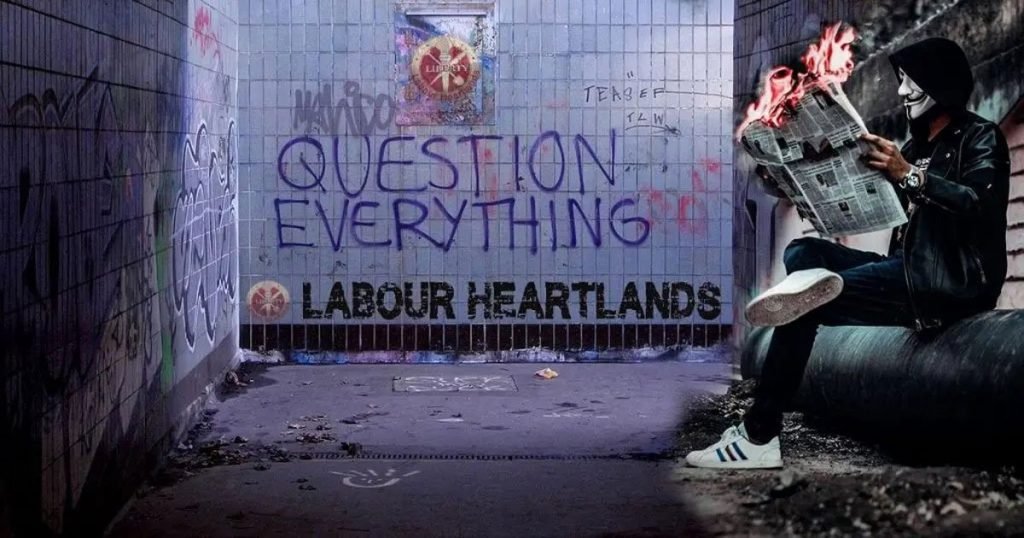
As Tax Justice Network Director Alex Cobham observes:
“We have country after country around the world where the lack of financial transparency, about taxation, about ownership, about corruption, has undermined the extent to which governments deliver representative policy making for their citizens.”
Michael Oswald’s film The Spider’s Web reveals how at the demise of empire, City of London financial interests created a web of secrecy jurisdictions that captured wealth from across the globe and hid it in a web of offshore islands. Today, up to half of global offshore wealth is hidden in British jurisdictions and Britain and its dependencies are the largest global players in the world of international finance.
The film was co-produced by Tax Justice Network founder John Christensen, and is based in part on the book, Treasure Islands, by experts on British offshore havens Nicholas Shaxson; an interview with Shaxson is one of its major elements. Christensen was an advisor to the Queen’s government of the island of Jersey for a number of years.
Sponsor the next film on Patreon: patreon.com/independentdocumentary
Share this documentary with your friends, and ask sites to feature it:
twitter.com/spiderswebfilm
facebook.com/Spiderswebfilm/
imdb.com/title/tt6483026/
A large contribution from Open Democracy
Support Independent Journalism Today
Our unwavering dedication is to provide you with unbiased news, diverse perspectives, and insightful opinions. We're on a mission to ensure that those in positions of power are held accountable for their actions, but we can't do it alone. Labour Heartlands is primarily funded by me, Paul Knaggs, and by the generous contributions of readers like you. Your donations keep us going and help us uphold the principles of independent journalism. Join us in our quest for truth, transparency, and accountability – donate today and be a part of our mission!
Like everyone else, we're facing challenges, and we need your help to stay online and continue providing crucial journalism. Every contribution, no matter how small, goes a long way in helping us thrive. By becoming one of our donors, you become a vital part of our mission to uncover the truth and uphold the values of democracy.
While we maintain our independence from political affiliations, we stand united against corruption, injustice, and the erosion of free speech, truth, and democracy. We believe in the power of accurate information in a democracy, and we consider facts non-negotiable.
Your support, no matter the amount, can make a significant impact. Together, we can make a difference and continue our journey toward a more informed and just society.
Thank you for supporting Labour Heartlands
